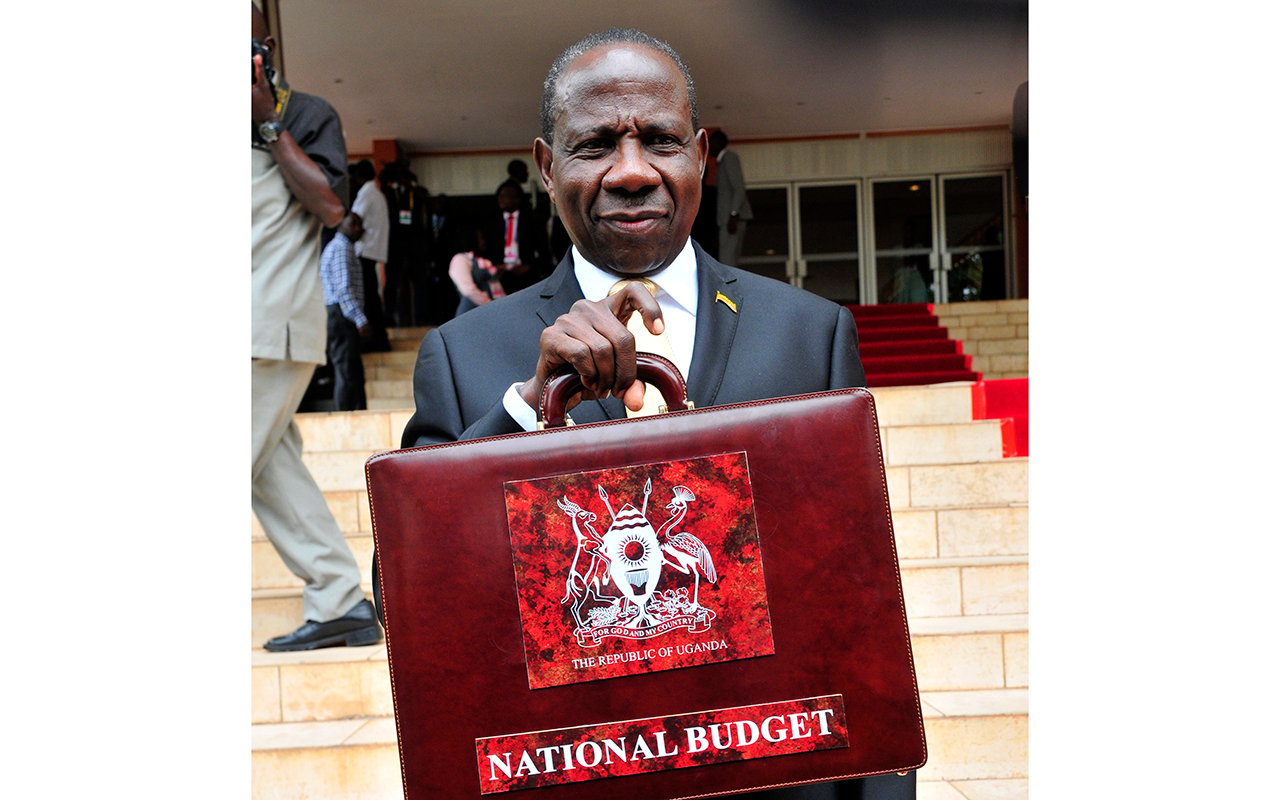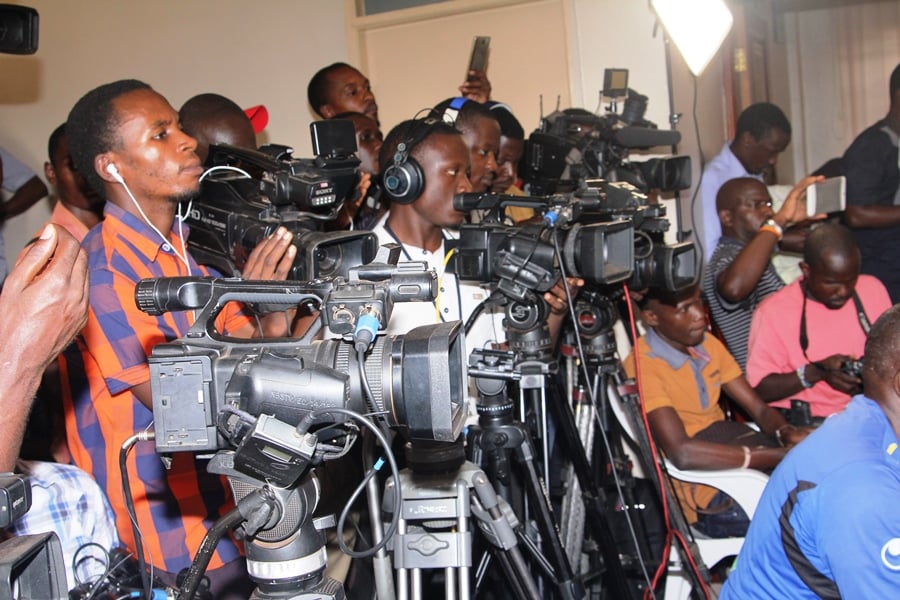
Mr Charles Onyango-Obbo
Last week in “Why Uganda tax needs the toilet paper fix”, we argued that, at the end of the day, it is not really a big deal if a tax is high or low. What is more important, is if the economy is good, and taxpayers are getting a bang for their buck. That the best tax regime is like toilet paper; extremely good value for the noble it performs, and it exists quietly in the background of our lives.
Getting a good economy and the distribution of public goods that ease tax pain, is the tough one. However, we can pick a page from the fellows who have achieved economic success and spread benefits far and wide (sometimes accidentally), at low costs. From a Ugandan and African perspective, one of the best examples is the mobile phone companies.
Because it has been listed on the Nairobi Stock Exchange, and therefore is quite transparent, let us start with Safaricom. Safaricom is the biggest listed company in East Africa by a country mile. A few days ago, it also became the first East African company to ever report revenues of one billion US dollars and above.
Like in Uganda, in the early period, the lowest airtime you could buy was KSh250 (Ush7,230). Usage exploded when they first introduced airtime cards of KSh100 (USh2,890). The CEO of Safaricom at the time, Michael Joseph, said that when they introduced the small unit, their phone tower in the centre of Nairobi was the second busiest in the world for some days, only second to a tower in Manhattan, New York.
All this is remarkable, considering airtime hadn’t become cheaper. It remained much the same. The big spike in use is because it became like toilet paper. It had played out the same way earlier in Uganda.
Apart from rolling out reception countrywide, the mobile phone companies didn’t do the next thing that drove the diffusion of their service. It was the makers of mobile phones who did that. The ubiquity of affordable phones, distributed by private business people is what clinched it for national spread. Then came mobile money.
Before we knew it, over one million people in Uganda were employed in the mobile phone industry (probably over 100 times than were in the old fixed network that it had killed). Everywhere there were people selling airtime cards, phones, and accessories, and the granddaddy of them was all mobile money. According to Finance ministry data, by June last year, a mind-blowing 626,662 people were mobile money agents in Uganda!
If the mobile phone industry impact could be created in just another three areas, the Uganda Revenue Authority would have money falling out of its ears.
As we argued, taxpayers would need value for their money to make payment less conflicted. Again, given our realities, we can provide even desperately needed services like healthcare on the above “kadogo” approach which brings high rewards.
And so, for our next example, we go to the arid and once highly marginalised northern Kenya Somali region. Until recently, it was extremely deprived. In 2013, Kenya’s highly devolved system went into effect. Poor regions suddenly saw a big injection of cash. Northern Kenya is vast, sparsely populated, and has a low level of human resources.
Both maternal and child mortality levels in the region were appalling. A smart governor decided he would build very basic clinics, staffed by two or so health staff, each with about four to six beds, but have many of them in the sparse settlements. The result was out of this world. The clinics turned out to be cheap to run. Perhaps being basic, there also was little to steal. The drop in both child and maternal deaths was impressive.
Then something else happened, as with the mobile phone industry, which completed the magic. Because electricity there was meagre, they started planting solar lights all over the towns. Now the people, particularly the women, could work longer and not have to rush home from the market and their stalls before dark. Combined with health and the pay-off from solar, the relative improvement in their economic status was huge. And now there was a new dynamic that led to the growth of small businesses and taxes for the local authorities.
Oh, by the way, the reason the solar lights worked isn’t because they lit the way. No. That region of Kenya has a lot of snakes. The lights chased away the snakes – and turned an eight-hour work day into a 14-hour economy for the women.
We have a lot more to say; about the source of economic success for the “small people” hiding in plain view in Uganda, and developing countries like ours that get people to pay more tax by asking them to pay less, but we have to take a break. We shall be back to report on them in the near future.
Mr Onyango-Obbo is a journalist,
writer and curator of the “Wall of Great Africans”. Twitter@cobbo3





